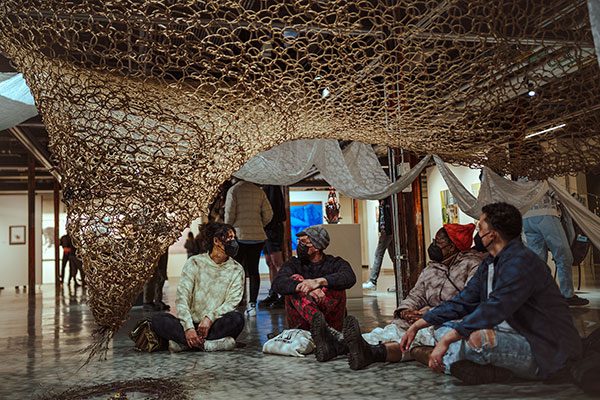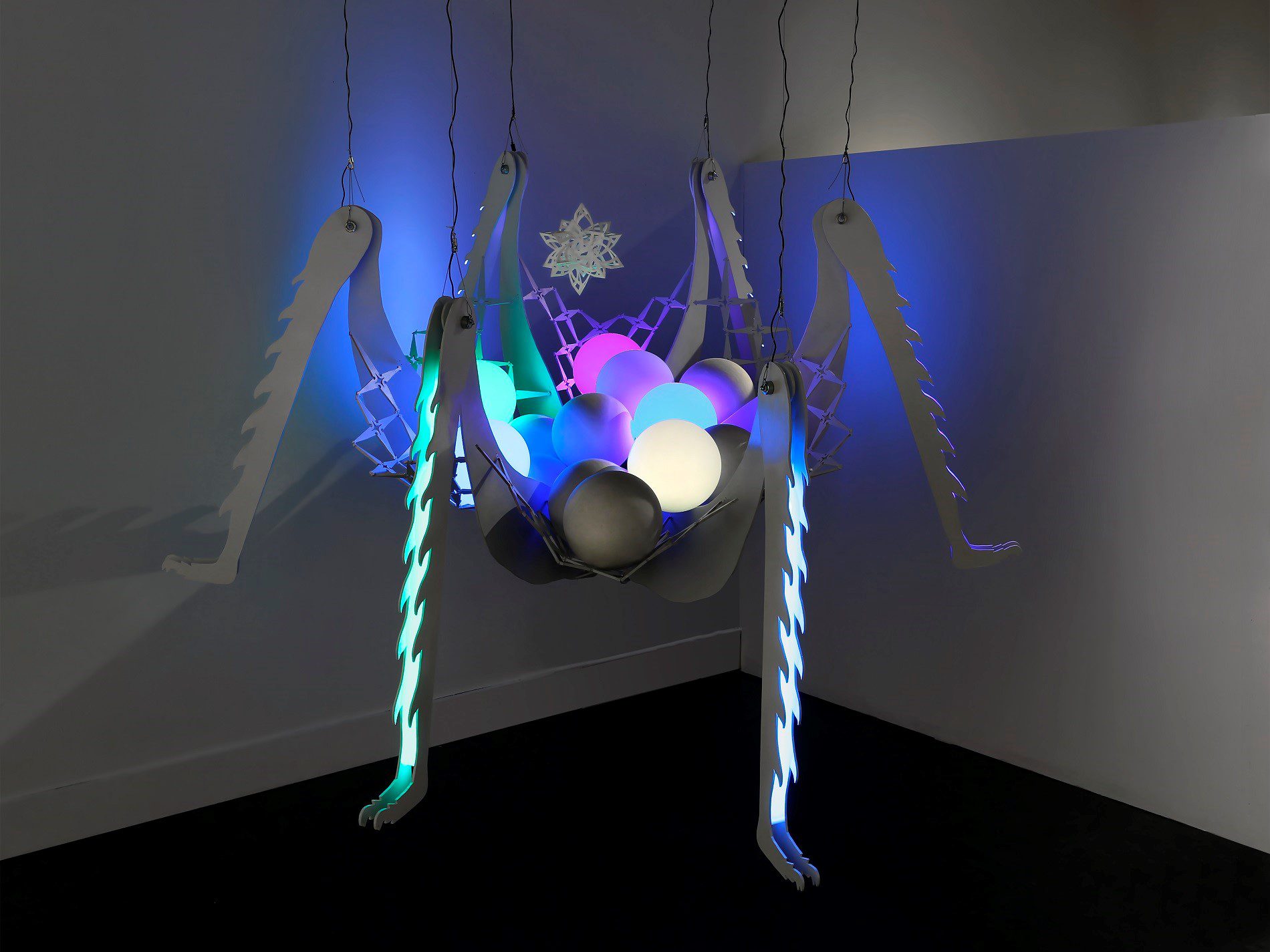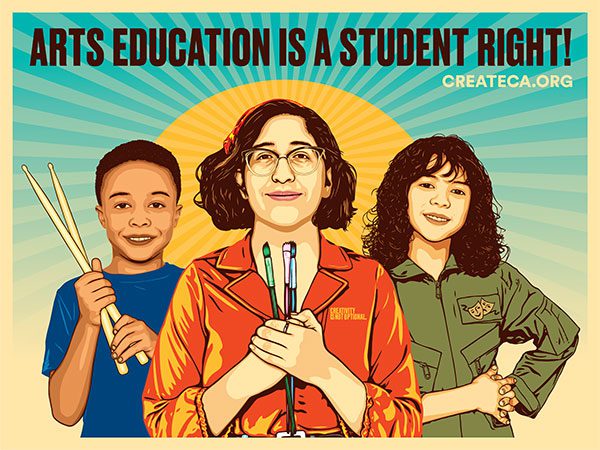
Americans for the Arts (AFTA) 2015 Annual Convention
June 12-14, Chicago, IL
Americans for the Arts serves, advances, and leads the network of organizations and individuals who cultivate, promote, sustain, and support the arts in America. Their convention, AFTACON, is a blend of cultural advocates leading the changes we are seeing in the arts field and advancing the arts as central to the future of our communities.
 During my frenetic and amazing week in Chicago I steeped myself in the arts, culture and architecture of the city, and spent hours meeting, discussing and connecting with some of the most engaged and passionate arts advocates in the country. Throughout all the panels, discussions, debates, workshops and events, two themes emerged: racial equity and rapid change. These two issues have been central to the office for years and it was gratifying to see that the initiatives we are doing locally are an integral part of the national conversation.
During my frenetic and amazing week in Chicago I steeped myself in the arts, culture and architecture of the city, and spent hours meeting, discussing and connecting with some of the most engaged and passionate arts advocates in the country. Throughout all the panels, discussions, debates, workshops and events, two themes emerged: racial equity and rapid change. These two issues have been central to the office for years and it was gratifying to see that the initiatives we are doing locally are an integral part of the national conversation.
- Racial Equity: Equity, diversity and inclusion was center stage at this year’s conference. There is no question that civil rights and equity dominates today’s social landscape. Our history doesn’t have to define us, but what we do now, and how we mitigate the impacts of structural racism and inequality built by our past will define our future. The challenge of creating equity is one everyone is exploring, through policy, programs and best practices; we examined how cultural equity can lead to livable cities and stronger communities.
In particular the United States Urban Arts Federation (USUAF), an organization of which I am a member of the leadership team, is working on developing policy to address cultural equity and how we can break down barriers using arts and cultural organizations as the nexus for education, redevelopment and affordable housing.
During the conference ARTS staff (Jason Huff, Kathy Hsieh, Liz Johnson, Lara Davis, and myself) led a free-form conversation about Racial Equity and the Arts, putting our race and social justice efforts at the center of a national conversation.
NOW is a change moment: We are at a point of rapid change. U.S. cities are experiencing a rebirth where creative industries are contributing to our economies at a faster pace than ever before. Cities are becoming innovative incubators and we are at the crest of this wave. Arts and culture can be a driving force for our cities; we can lead urban growth, and be the connector/glue/backbone for solving problems in education, livability, and equity.
Now is the time to take action and begin implementation. Bringing arts education back to our schools improves students’ performance and more importantly prepares them to enter a broad spectrum of creative industries, including public and private, tech, design and science.
There is a powerful convergence of equity, arts education and cultural placemaking and Seattle is a nexus where it is all working together. Each program and initiative is strengthened by community, government and business ties. We are stronger as a whole when we all work together, when arts focused education results in an educated youth that can meet the demands of economic industry drivers. When cultural placemaking can influence the city’s development and planning goals we create a city that not only welcomes, but provides opportunities for immigrants and refugees, artists, low-income communities and sustainable growth.
I always enjoy the amazing whirlwind that is AFTACON and come back to Seattle inspired by what the arts can achieve. In the coming months our office will continue the important initiatives that we have undertaken and we hope to make this city a model of how to bring ideas from the drawing board to the street.
By Randy Engstrom, director Office of Arts & Culture
Photo: Chicago architecture taken by Randy Engstrom


